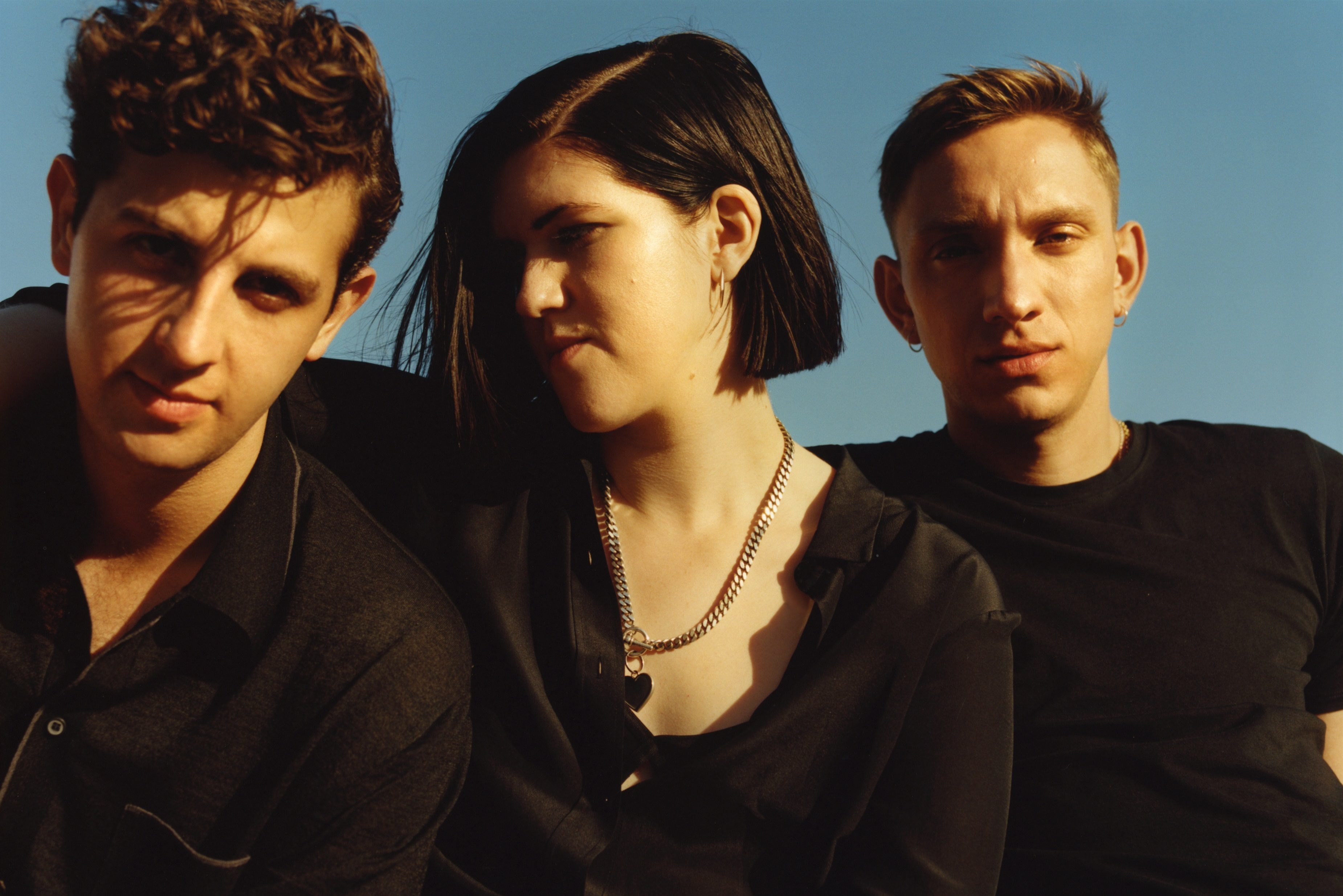When it’s good, it’s good. When it’s bad, it’s very bad.
In an era increasingly defined by streaming, and decreasingly defined by listening to an album from start to finish, the point of album ‘intro’ and ‘outro’ tracks is more ambiguous than ever. Yet, even looking back to the days of vinyl and CDs, when consuming an album in its entirety was the norm, such tracks often proved skipworthy.
So why bother? Are the artists looking to fill a quota set by their label, stretching the tracklist to hit a certain number of songs or runtime? Even when these songs are deserving of their place on the album, to title them simply ‘Intro’ or ‘Outro’ seems unnecessary and, more so, uninspired. It’s like going to a restaurant, having the waiter place the first course in front of you and say, “this is the entrée”. Obviously, but what is it?
Within the context of a concept album, or even a record or band with a clear theme, intros can make sense. In fact, there are several instances in which an intro makes good on its promise and works to introduce the subsequent collection of music.
Take the opening track of Flight Facilities’ 2014 debut, Down to Earth, for example. “Welcome aboard, ladies and gentlemen/Today’s flight will be a little over one hour” begins ‘Intro’. “We’ll be dimming the cabin lights for take-off/Thank you for choosing to fly with Flight Facilities,” it concludes.
While this may not translate into a standalone piece of music, it works in a live context as a show opener and serves a specific purpose within the album. It’s concise, clever and meaningful, as any successful intro should be.
The xx and Alt-J are further examples of the intro done right – though why each act chose to title these tracks ‘Intro’ when they are excellent pieces of music in their own right is another question entirely. What’s even more curious is that Alt-J have two separate tracks titled ‘Intro’ – the openers for 2012’s An Awesome Wave and 2014’s This Is All Yours.
Intros are a popular device across rap, hip hop, and R&B, too. Eminem, Jay-Z, and Dr. Dre have each employed them to varying success. Jay-Z’s ‘Intro’ from 2000’s The Dynasty: Roc La Familia works to set the tone for the rest of the album whereas Dr. Dre’s ‘Lolo – Intro’ from 1999’s 2001 feels inconsequential at just 41 seconds in length.
In the same way musicians use ambient interludes as an extension of the intro format, hip hop and rap artists tend to lean on the perhaps more perplexing ‘skit’. Born in the late ‘80s, skits were once a common palate cleanser on hip hop and rap albums. Ice-T, Earl Sweatshirt, LL Cool J, Ludacris, and Ghostface Killah are just a few of the artists who applied such vignettes to their work, often employed as a novelty intended for comedic effect, though sometimes working to make a statement or set a mood. Once commonplace, the skit is now a rarity in the genre – perhaps a victim of our streaming habits.
Rather than the intro/outro format, albums are better served by a call and response tactic. Look at Ferla’s opening and closing ‘Don’t Want’ and ‘Don’t Want End’ from this year’s It’s Personal, for example. The two songs play into the same idea as the classic intro/outro structure, but instead, they bookend the album, tying the work together without spelling it out to the listener. This feels natural, as if the album is following a cyclical thought process, rather than tacking two random, half-length instrumental pieces on the beginning and end of an album.
There’s no hard and fast rule when it comes to intros and outros. Sometimes it works and sometimes it doesn’t, but there’s no question that titling an album opener ‘Intro’ does a disservice to the music at hand. When it’s delivered poorly, it’s lazy, overdone and its purpose remains to be seen.







